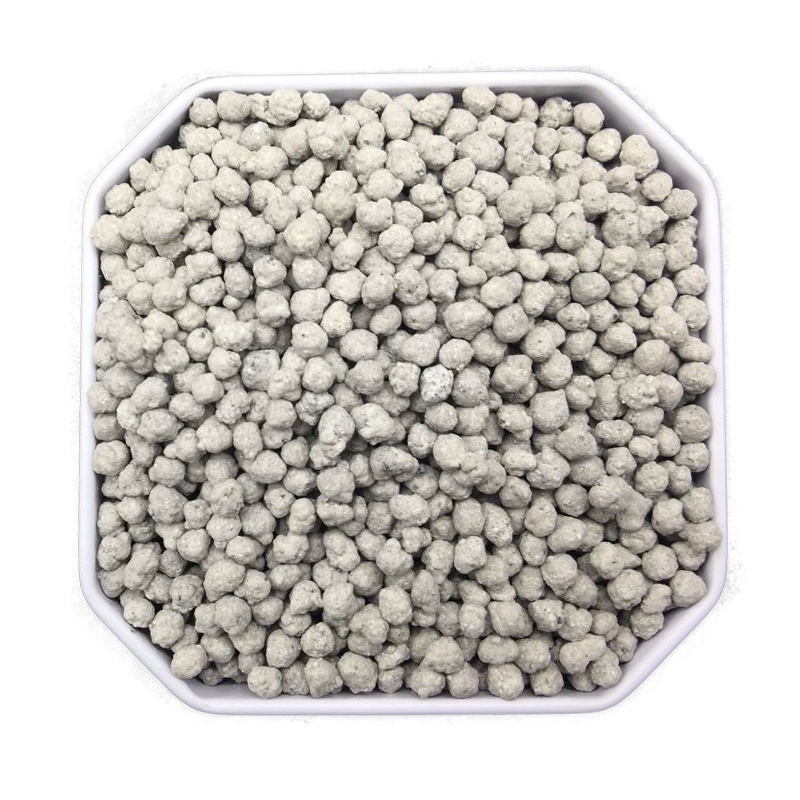
Oct . 15, 2024 22:42 Back to list
Organic Nitrogen Fertilizer Producers for Sustainable Agriculture Solutions and Plant Growth
The Role of Organic Fertilizer Nitrogen in Sustainable Agriculture
In recent years, the agricultural industry has seen a significant shift towards sustainability, with many farmers and producers reevaluating their fertilization practices. One of the most crucial components of this change is the use of organic fertilizers, particularly those rich in nitrogen. Organic nitrogen fertilizers have gained popularity due to their ability to replenish soils naturally, enhance crop yields, and reduce environmental impact. This article explores the benefits, production, and importance of organic nitrogen fertilizers in modern agriculture.
Understanding Organic Nitrogen Fertilizers
Organic nitrogen fertilizers are derived from natural sources, such as plant or animal matter, rather than from synthetic chemicals. Common sources include compost, manure, blood meal, fish emulsion, and alfalfa meal. These fertilizers release nitrogen slowly over time, as microbes break down the organic material, providing a steady supply to plants and minimizing the risk of nutrient leaching into waterways.
Advantages of Organic Nitrogen Fertilizers
1. Soil Health Improvement One of the most significant advantages of organic nitrogen fertilizers is their positive impact on soil health. Unlike synthetic fertilizers, which can deplete essential nutrients and harm soil microorganisms, organic fertilizers enrich the soil with vital organic matter. This improves soil structure, water retention, and microbial activity, which are crucial for sustaining healthy crop growth.
2. Sustainable Resource Management Organic nitrogen fertilizers promote the recycling of nutrients within agricultural systems. By using waste products from animals or plants, farmers can minimize waste and utilize natural resources more efficiently. This sustainable approach is not only environmentally friendly but also economically viable, as it reduces reliance on costly synthetic fertilizers.
3. Reduced Environmental Impact The excessive use of synthetic nitrogen fertilizers has resulted in several environmental issues, such as water pollution and greenhouse gas emissions. Organic nitrogen fertilizers lower these risks due to their gradual release of nutrients, which reduces the chances of runoff into water bodies and the formation of harmful algal blooms. Additionally, organic practices often decrease the carbon footprint associated with agricultural production.
organic fertilizer nitrogen manufacturer

4. Enhanced Crop Quality Research indicates that crops grown with organic fertilizers often have higher nutritional value compared to those fed with conventional fertilizers. Organic nitrogen supports the production of amino acids, vitamins, and minerals in plants, contributing to healthier produce. Consumers are increasingly seeking organic options due to the perceived health benefits, providing farmers with a competitive edge in the market.
The Role of Organic Fertilizer Nitrogen Manufacturers
To support the growing demand for organic fertilizers, manufacturers play a critical role in the development and production of these products. They focus on sourcing high-quality raw materials and employing sustainable practices in their operations. Additionally, manufacturers invest in research and development to create innovative organic fertilizers that provide optimal nutrient profiles for various crops and soil types.
One significant trend in the industry is the use of technology to process organic materials more efficiently. Advanced composting methods, for instance, enhance the breakdown of organic matter, resulting in fertilizers that are not only rich in nitrogen but also contain a variety of micronutrients. By focusing on quality and effectiveness, organic fertilizer nitrogen manufacturers contribute to the overall advancement of sustainable agriculture.
Conclusion
The shift towards organic nitrogen fertilizers marks an essential step in the journey toward sustainable agricultural practices. By enhancing soil health, promoting resource efficiency, and mitigating environmental issues, organic fertilizers contribute significantly to the long-term viability of farming systems. As awareness of the benefits of organic agriculture grows, and as the demand for organic produce rises, the role of organic fertilizer nitrogen manufacturers will become increasingly important in providing the necessary inputs for a healthier, more sustainable future. Embracing organic nitrogen fertilizers is not just a choice for better crop yields; it's a commitment to responsible agriculture and environmental stewardship.
In conclusion, the adoption of organic nitrogen fertilizers represents a pivotal transformation in agricultural practices, benefiting farmers, consumers, and the planet as a whole. Investing in this approach paves the way for a greener and more sustainable agricultural landscape.
-
10-10-10 Organic Fertilizer - Balanced NPK Formula
NewsAug.02,2025
-
Premium Organic Manure Compost for Eco Gardens
NewsAug.01,2025
-
Organic 10-10-10 Fertilizer | Balanced Plant Nutrients
NewsJul.31,2025
-
Premium Amino Acid Fertilizer | Rapid Plant Growth Booster
NewsJul.31,2025
-
10 10 10 Fertilizer Organic—Balanced NPK for All Plants
NewsJul.30,2025
-
Premium 10 10 10 Fertilizer Organic for Balanced Plant Growth
NewsJul.29,2025
